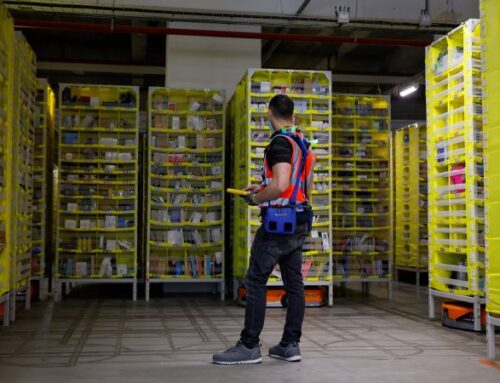Solar on the water
January 5, 2025
Boesmans points out that ACWA Power’s ongoing research and development (R&D) collaboration with KAUST is a key driver of innovation in this field. “Our partnership with KAUST, which is one of the Kingdom’s leading innovation hubs, has enabled both parties to pursue industry-oriented research to achieve further efficiencies in producing desalinated water and generating solar power responsibly, reliably, and at the lowest possible cost,” he says.
Power play
Despite their potential, floating solar farms come with their own set of complexities, particularly when it comes to integrating them into existing energy infrastructure. “Floating solar PV farms will necessitate modernizing the energy grid to account for drops or surges in supply,” Boesmans observes. “The intermittency challenge posed by renewables means existing power grids will have to be upgraded to balance supply and demand.”
Regulatory challenges are equally significant, as Maristani explains. “On the regulatory side, there’s a need to align these projects with existing water rights and environmental laws, which can be tricky.” A string of international floating solar projects have hit a few snags, especially when it comes to with- standing extreme weather, like typhoons in China. The costs of installation are higher, and maintaining these floating systems is more complex compared to traditional ground-mounted solar arrays. “The integration of advanced PV technologies, energy storage solutions, and smart grids will be crucial in realizing the region’s renewable energy potential and sustainability goals,” Wessendorf states.
Maristani notes that public-private partnerships will be instrumental in advancing this further. “The government can provide the necessary infrastructure and regulatory support, while private companies bring the technical expertise and innovation. These collaborations, particularly when they involve international players who can introduce advanced technologies and best practices, will be key to ensuring these projects are not only successful but also scalable across the region.”
To achieve commercial success, these projects require robust structural durability, cost-effective installation, and reliable maintenance. Several projects, such as those in China and Japan, have already proven commercially viable, with successful integration into national grids. “Events like Intersolar’s Electric Energy Storage conference in the Middle East are crucial for fostering the kind of innovation and partnerships that will drive the future of solar energy in the region,” Wessendorf says.
Search
RECENT PRESS RELEASES
Related Post



